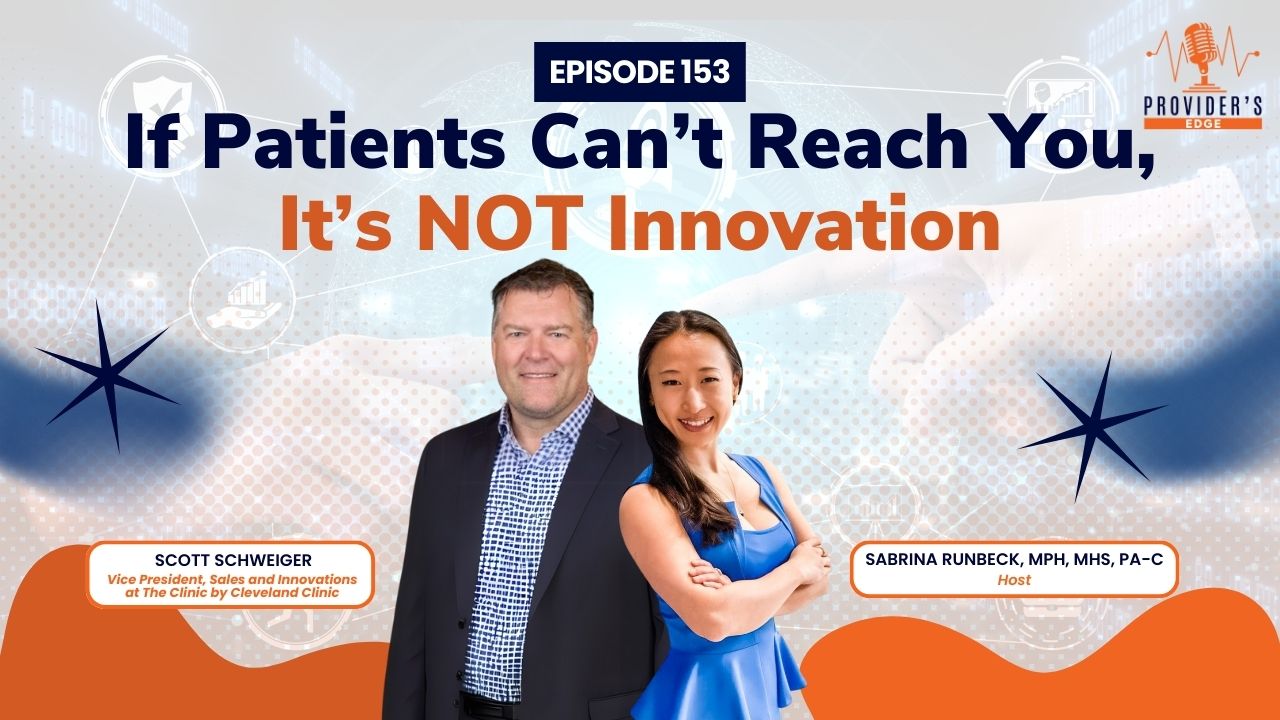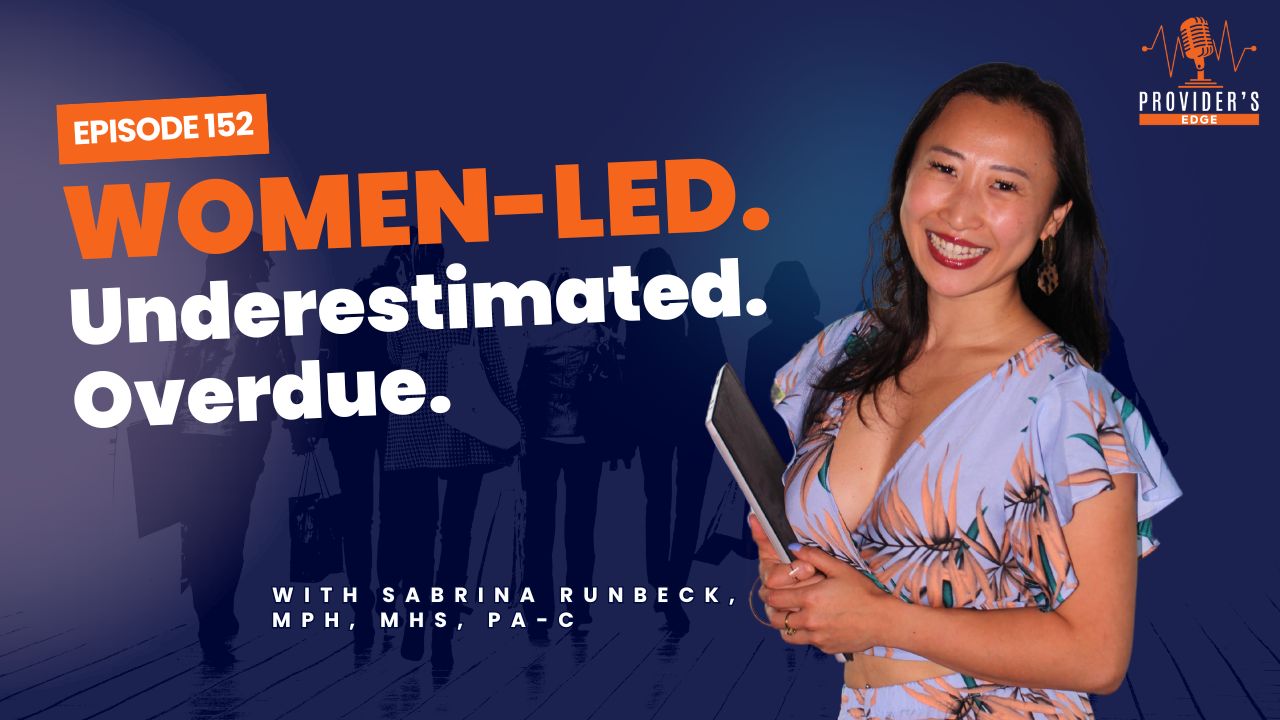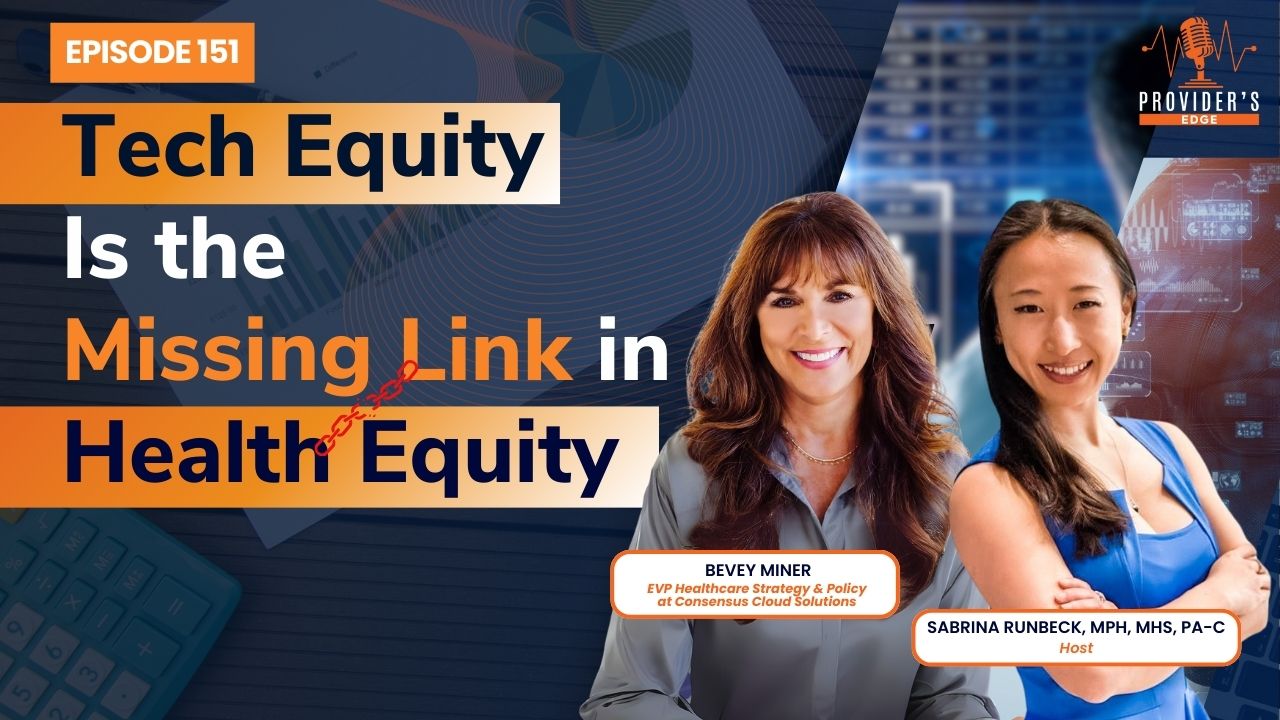
Why Operational Risk
Is the Silent Killer of HealthTech ROI
A brilliant product means nothing if it crumbles under operational risk.
HealthTech investors are waking up to a painful truth: scalable innovation dies in environments where leadership ignores foundational gaps.
And those gaps? They rarely show up on the pitch deck.
They don’t scream for attention like market TAM or flashy AI features.
But they’re what determines whether a product becomes a category leader—or a cautionary tale.
When I sat down with George Pappas, SVP and CISO at Health Catalyst, he described today’s health systems as “Swiss cheese stacked on more Swiss cheese”—vulnerable, patched together, and dangerously overexposed after years of unchecked M&A and underfunded IT infrastructure.
But it’s not just a hospital problem.
It’s a startup problem.
And if you're backing a HealthTech founder who isn’t obsessing over integration, system integrity, or risk culture, you're backing a brand with built-in failure points.
Listen anywhere you get your podcastin' on.
Live Interview

The Operational Risks Startups Don’t Want to Talk About
Investors often assess solutions based on:
- Clinical validation
- Market traction
- Reimbursement potential
- TAM and GTM fit
But when George and I dug into what actually causes HealthTech failure, the answers were sobering—and deeply preventable.
“Founders are often solving the right problem—but building on the wrong foundation. They simplify complexity too early, skip integration steps, and underestimate the cost of being ‘just compliant enough.’”
— Sabrina Runbeck
Here’s what that looks like in the real world:
1. Inherited Infrastructure Risk
Every time a digital health startup plugs into a new hospital system, it’s plugging into decades of legacy decisions.
George told me bluntly:
“You don’t just inherit the hospital’s patient list. You inherit their technical debt.”
If that system has a fragmented EMR, poor access controls, or years of department-level exceptions... guess what? That’s your liability now.
And if the startup hasn’t pressure-tested how their platform functions inside these chaotic ecosystems, scale becomes a liability, not an asset.
2. Culture Gaps That Undermine Compliance
Most founders think security is a role. It’s not. It’s a mindset.
George and I unpacked this at length—how security doesn’t break because of bad tools. It breaks because of bad culture.
“The most dangerous sentence in a founder’s vocabulary is: ‘That’s not my job.’ If they say that about security, integration, or system performance, they’ve already given permission for failure.”
— Sabrina Runbeck
Investors should be asking:
- Does this founder treat ops as a cost center or a growth asset?
- Is the team trained to recognize vulnerabilities—or waiting for IT to fix them?
Security without cultural ownership is nothing more than a compliance smokescreen.
3. Founders Who Mistake MVP for Scale-Readiness
We’ve all seen it.
A founder wins a pilot.
Gets a great quote from the chief medical officer.
Closes a round.
Then stalls.
Because their MVP couldn’t actually support the workflows, regulatory demands, or IT standards of real-world healthcare.
“We’ve coached so many companies with elegant front-ends… built on chaotic back-ends. And when that cracks, so does their cash flow.”
— Sabrina Runbeck
Adoption slows. Support tickets spike. Clinical teams stop logging in.
Suddenly, that hot new startup is begging procurement for another chance.
Real Consequences Investors Must Prepare For
Let’s be clear: Operational risk doesn’t just hurt product performance.
It threatens revenue, reputation, and return on investment.
George shared a story of an entire hospital system in St. Louis that was shut down for days because of a cyberattack. Phones were off. Patient transfers were halted. Lives were at risk.
“This is no longer theoretical. We now have evidence that a cyber breach contributed to patient death. That’s where the stakes are.”
— George Pappas
If your portfolio company is caught in a breach—or seen as the cause of one—the fallout includes:
- Legal exposure
- Contract loss
- Delayed billing
- Brand damage
- Depressed valuation
And if that startup isn’t fully embedded in operations? It’s easily replaced.
What Savvy Investors Are Doing Differently
Top-performing investors are evolving how they assess digital health bets.
They’re not just looking for founders who can build—they’re looking for founders who can integrate, anticipate, and protect.
That includes pressure-testing:
- Identity and access controls
- EHR integration friction
- Incident response plans
- Leadership alignment on system risk
And most critically: operational resilience.
“Due diligence needs to evolve from product-market fit… to infrastructure-market fit. Because without backend alignment, there is no sustainable front-end value.”
— Sabrina Runbeck
✅ 8 Due Diligence Questions Investors Should Be Asking
- What percent of their system infrastructure is outsourced vs. internally managed?
- How is staff trained on operational risk, access, and compliance?
- How are exception requests documented and audited?
- What happens if a hospital partner goes offline—what’s the backup plan?
- Do they simulate crisis scenarios as part of team onboarding?
- Who owns systems integration—and how is success defined?
- What percentage of security budget is proactive vs. reactive?
- Can they provide real metrics on uptime, support response time, and data breach drills?
How PulsePoint Path Helps Founders De-Risk Growth
At PulsePoint Path, we coach companies using our 5D Integrated System to align:
- Strategy – Founders get clear on which initiatives actually move the needle.
- Ops – Teams build repeatable, secure workflows that scale.
- Culture – Everyone owns mission-critical outcomes—not just the exec team.
- Leadership – Founders shift from solo heroes to scalable decision-makers.
- Systems – Infrastructure is documented, tested, and aligned with adoption realities.
“Every founder says they’re building for scale. But only those who align vision with infrastructure and culture actually get there.”
— Sabrina Runbeck
We’ve helped digital health startups extend runway, accelerate adoption, and close contracts with top-tier payers and systems—because we solve the root problems, not just surface-level symptoms.
Bottom Line for Investors
Flashy tech won’t fix foundational gaps.
Pilots don’t predict post-contract chaos.
And founders who avoid risk conversations? They don’t build long-term value.
You don’t need to micromanage every portfolio company.
But you do need to back the ones who treat infrastructure, security, and culture as assets—not afterthoughts.
Because in HealthTech, what breaks under pressure doesn’t just cost time—it costs lives.
Investors focused on backing resilient, scalable HealthTech ventures need more than innovation—they need operational maturity and infrastructure foresight.
George Pappas from Health Catalyst highlighted how invisible system weaknesses—access risks, tech debt, unmanaged exceptions—are the silent killers of ROI.
If you’re managing a portfolio of healthcare founders, PulsePoint Path helps you protect and grow those investments through proven strategic accelerators:
Leadership Maximizer: Strengthen leadership alignment, develop secure-by-design org cultures, and close executive capability gaps that slow scale.
Pathfinder: Pinpoint operational vulnerabilities before they stall adoption. Our 5D SWOT approach helps founders focus resources on what moves value—not vanity.
Capital Readiness Scorecard: Detect capital inefficiencies early. Align backend ops, improve investor communications, and ensure every dollar spent accelerates the right outcomes.
HealthTech Showdown: Get your strongest ventures in front of the right capital and decision-makers—investors who understand risk, readiness, and real-world impact.
About Sabrina Runbeck
Sabrina Runbeck, MPH, MHS, PA-C helps healthcare technology companies scale sustainably—without burning out their teams or running out of cash.
She is the Co-Founder of PulsePoint Path and works alongside a 12-integrated board of advisors to help founders make strategic decisions that multiply impact and protect capital.
Her signature 5D Integrated System helps companies move beyond one-dimensional problem solving—what they think the issue is—and instead, builds an Empowered Ecosystem across leadership, team dynamics, and systems alignment. This is how founders evolve from early traction to 10x growth.
Sabrina is also a TEDx speaker, former Cardiothoracic Surgery PA, and trusted advisor with over 15 years of experience in public health, neuroscience, and business acceleration.
Recommended Podcast Episodes
Be a guest on our show
The Provider's Edge show is always looking to feature healthcare change-makers and celebrate the work they are doing to improve healthcare.
Together, we can encourage other healthcare entrepreneurs and startup founders to up-level their businesses.
If you or someone you know could be a good fit as a guest on the show, please click on the bottom below to apply as a speaker.
Healthcare Entrepreneurs!
I can help you gain visibility and credibility in the right circles so you can accelerate your mission and profitability!
After overcoming burnout working in surgery, I went back to my roots in neuroscience and public health. I learned the importance of building key human relationships with my team throughout our organization.
While helping healthcare executives and entrepreneurs to get out of the day-to-day operation of their practice, I realized I needed more visibility and more connections to reach my ideal clients.
Once I set out to be highly visible in the right circles, I was able to leverage my network of strategic partners to convert clients 5x higher than any other marketing channel I had tried previously.
Now I help healthcare change-makers to accelerate their impact and increase profitability by gaining visibility and credibility with the right strategic partners.
My clients no longer worry about where their next client is coming from, the need to plan additional budget for ads spending, or losing the ability to connect with others because their social media account is shut down.
If you want to share your social mission with the world and gain pivotal supporters that become loyal clients... then you are in the right place, with the right consultant who is also a recovered clinician.




